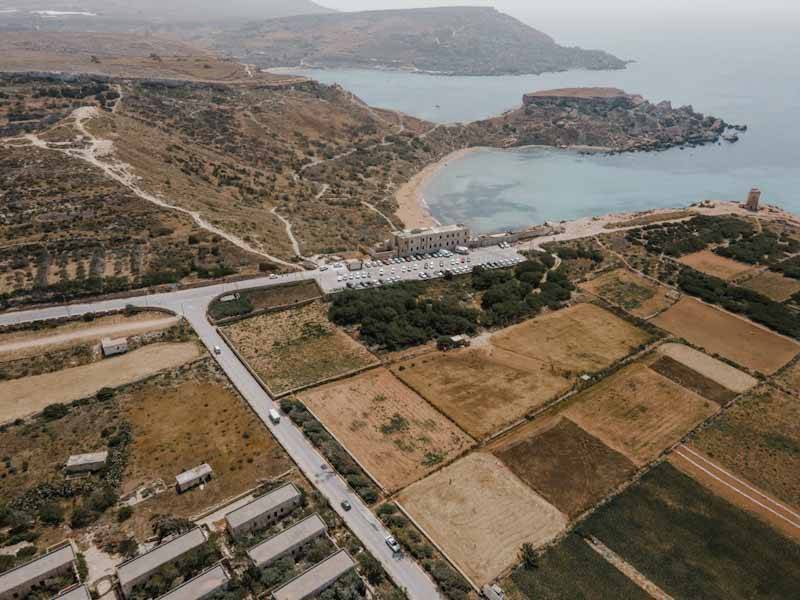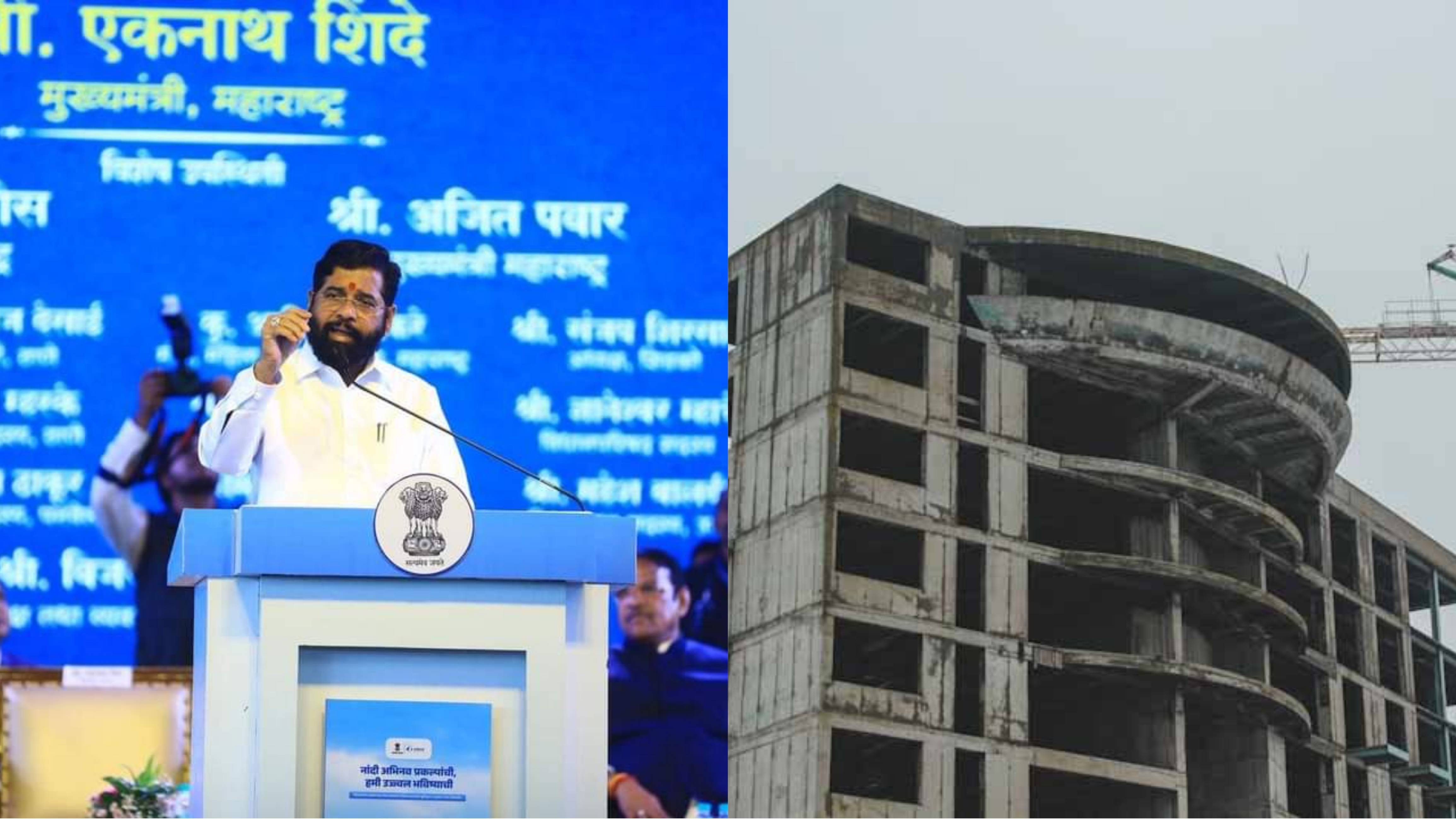The Yamuna Expressway Industrial Development Authority (YEIDA) has recently introduced a new policy to address the issue of speculative transfers of industrial and institutional plots. The policy bans the transfer of these plots before the development of structures and the commencement of operations at the allocated sites. This move is in response to numerous complaints YEIDA received regarding companies selling their allotted plots before fulfilling their commitment to construct and operate on the land. YEIDA’s objective with this policy is to ensure that the plots serve their intended purpose of fostering industrial growth and job creation, rather than being used as tools for speculative trading.
YEIDA has been a crucial entity in promoting industrial development along the Yamuna Expressway. For years, it has allotted plots to various companies with the expectation that these companies would complete the development of their sites within a set timeframe, typically between three to seven years. Once the construction is completed, companies are required to begin operations and acquire a functional certificate from YEIDA, certifying that the land is being used as intended. Despite these clear guidelines, many companies have been found transferring their plots before beginning any significant construction or operational activities. This practice has led to concerns that the original purpose of the land allocation—stimulating economic activity and creating employment—is being undermined.
The method by which many of these transfers occur is often through changes in the constitution of the company that owns the plot. This includes altering the company’s board members or shareholders, which allows the original owners to effectively transfer ownership while bypassing YEIDA’s regulations. The authority is particularly concerned about the speculative nature of these transfers, where companies acquire plots at lower prices and later sell them at a higher value without making any efforts to develop the land. Such practices not only go against the spirit of the industrial plot allocations but also result in significant financial losses for the authority, as the government misses out on the stamp duty that would typically be associated with legal land transfers.
These speculative transfers have a broader negative impact beyond financial losses. When companies engage in this behavior, they hinder the industrial growth YEIDA seeks to promote in the region. The allotted land, instead of being used for industrial purposes that would generate jobs and stimulate the local economy, becomes a tool for profit-making. This undermines the efforts of both YEIDA and the government to encourage real industrial activity in the area.
One of the critical areas where this issue has surfaced is in the development of a medical devices park in Sector 29. Several companies were allotted plots to establish manufacturing units for medical equipment. However, while many plots were allotted in 2022, only a few companies have started construction. Many others are reportedly seeking to sell their plots rather than fulfilling their commitment to set up businesses as promised. Such actions violate the intent of the land allocation, and YEIDA’s new policy aims to put a stop to this practice.
Under the new guidelines, no changes in the constitution of the company that owns the plot will be allowed until the building map is approved, construction is completed, and the unit becomes operational. This measure will prevent companies from transferring ownership of their plots without adhering to the proper legal framework and ensuring that they fulfill their industrial development commitments. YEIDA’s goal with this policy is to ensure that plots are not being sold purely for speculative profits but are being used for the intended purpose of contributing to the region’s industrial growth.
The policy is also designed to address the loss of revenue caused by these speculative transfers. When companies change ownership without going through official channels, the government loses out on significant amounts of stamp duty. By enforcing the ban on plot transfers until the allottees meet their development obligations, YEIDA aims to prevent such losses and ensure that the government receives the revenue it is due.
In addition to preventing financial losses, the new policy is expected to boost job creation in the region. By ensuring that companies follow through on their commitments to set up industrial units, YEIDA hopes to create new employment opportunities and stimulate broader economic development. This is particularly important given the authority’s larger vision for the area, which includes the development of industrial hubs that will attract investment and create a vibrant economic landscape.
To enforce the new policy, YEIDA will conduct regular inspections to ensure compliance with the guidelines. Any company found violating the rules or attempting to transfer ownership of its plot without meeting the development requirements may face cancellation of its allotment. This strict approach is intended to send a message to allottees that YEIDA is serious about ensuring that the plots are used for their intended purpose.
The decision to ban the transfer of industrial and institutional plots until the completion of construction and the start of operations marks a significant shift in YEIDA’s approach to managing land allocations. By focusing on curbing speculative activity, YEIDA aims to restore the integrity of its industrial development efforts and ensure that land is used productively.









.png)